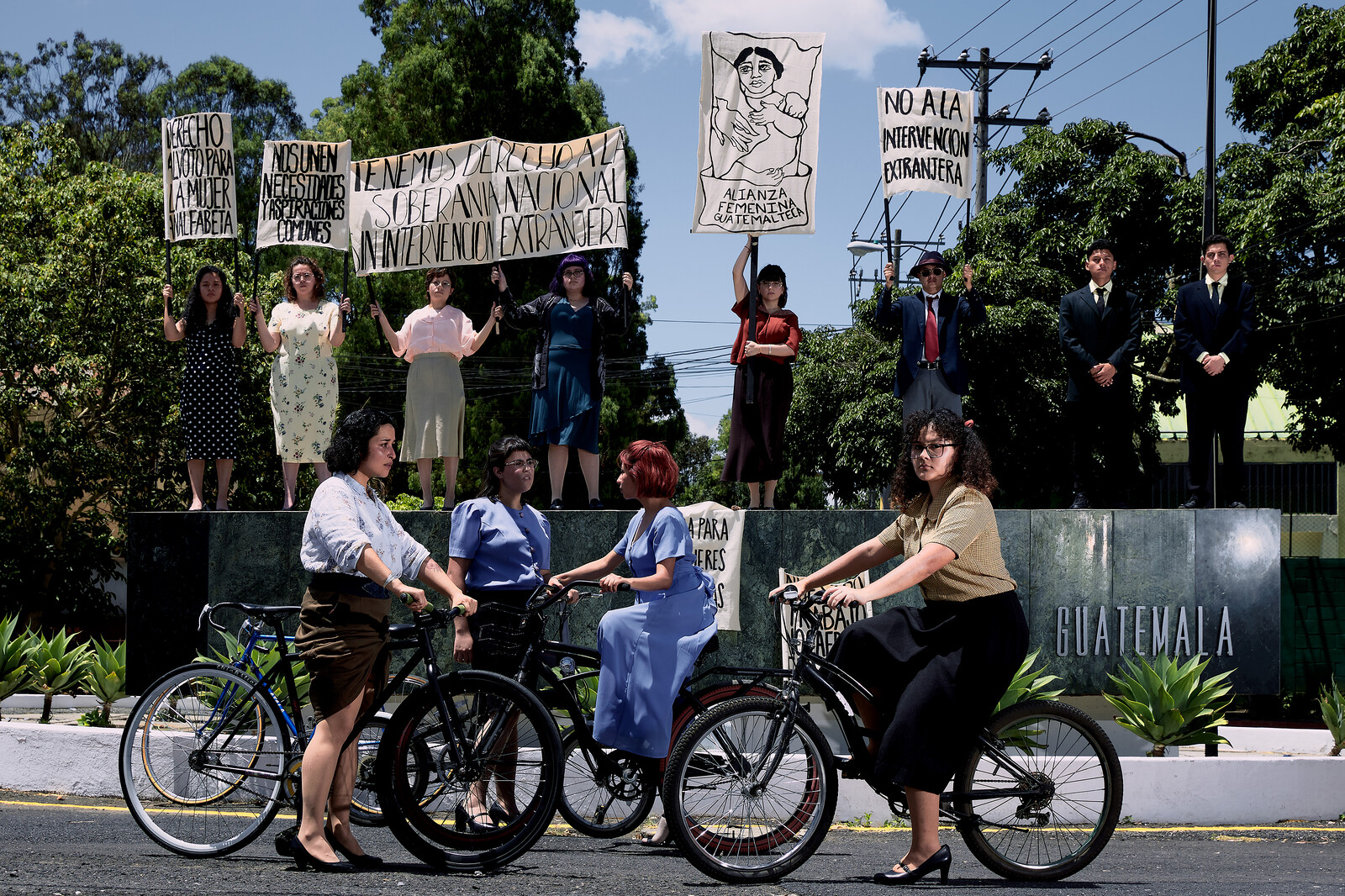The Prince Claus Fund is proud to announce the 100 recipients of the 2024 Seed Awards.
The Prince Claus Fund Seed Award is given annually to 100 emerging artists and cultural practitioners whose creative work addresses pressing issues in their local communities. Seed Awardees are recognised for inspiring positive social change and imagining a more equitable, peaceful, sustainable and inclusive future through their artistic practices.
Hailing from more than 60 countries, ranging from Latin America and the Caribbean to Africa, Asia, and Eastern Europe, we are proud to announce that for the first time this year we have Awarded artists from Mauritius, Moldova, Armenia, and Benin. The artistic practices of this year’s Seed Award recipients encompass a wide range of mediums and address an array of social concerns—from gender equality and racial justice to freedom of expression and equity, with a particular emphasis on civil society issues such as labour rights.
Discover the stories of all 100 inspiring individuals receiving the Prince Claus Seed Award this year on the Prince Claus Fund website here.
Among the Seed Awardees of 2024, we are thrilled to spotlight artists such as Dina Salem from Palestine, whose practice encompasses photography, illustration, printmaking, and audio storytelling. She utilises various media to enhance cultural and artistic production in the West Bank, exploring themes of liberty and resistance, and seeking to foster a sense of freedom in a time of crisis. We are also pleased to award the Zimbabwean fashion designer, textile artist, and storyteller Danayi Madondo whose work is devoted to archiving, preserving, and evolving indigenous cultural design practices, thereby enriching cultural discourse and promoting sustainability in the fashion industry.
The Seed Award embraces a broad, inclusive understanding of arts and culture, supporting practices that range from experimental and innovative to interdisciplinary. Awardees receive EUR 5,000 to freely invest in their practice, along with global recognition, connections, and opportunities. This support enables artists and cultural practitioners to continue creating lasting positive change in their local communities. With this unrestricted financial support, we empower emerging cultural practitioners to explore new perspectives, forge new connections, and develop their practice on their own terms.
In the words of Prince Claus Fund Director Marcus Desando: “We are thrilled to announce the 2024 Seed Awardees, 100 artists and practitioners from more than 60 countries, who are making this world a better place through their creative work. These emerging artists around the globe foster a community of changemakers who form an ever-growing and ever-changing ecosystem of organisations, communities and individuals that all strive for positive social change, embodying the transformative power of culture.”
Cacica Honta, who received the Seed Award in 2022, highlights the award’s significant impact, stating, “The award has given me opportunities for economic, social and artistic development, an opportunity to promote my projects for youth at risk of social exclusion, a door that will open many more doors for me. […] Receiving this award helped me have the time I needed to invest in my own career instead of my survival and that of my family.”
Cacica Honta is a multidisciplinary artist who feels that life itself is what has driven her to be an artist. For her, art is a tool to fulfill her mission to transform the world in which we live.
The Seed Award is partially made possible by the British Council and Ing Yoe Tan Fund.
Find more information and previous editions here.
About the Prince Claus Fund
Prince Claus Fund is an independent foundation dedicated to culture and development. With trust-based funding, connections and recognition, we serve engaged artists and cultural practitioners in places where culture is under pressure. By creating a global network of changemakers and amplifying the ground-breaking work they do, we contribute to a more equitable, peaceful, sustainable and inclusive future. Because culture is a basic need.







